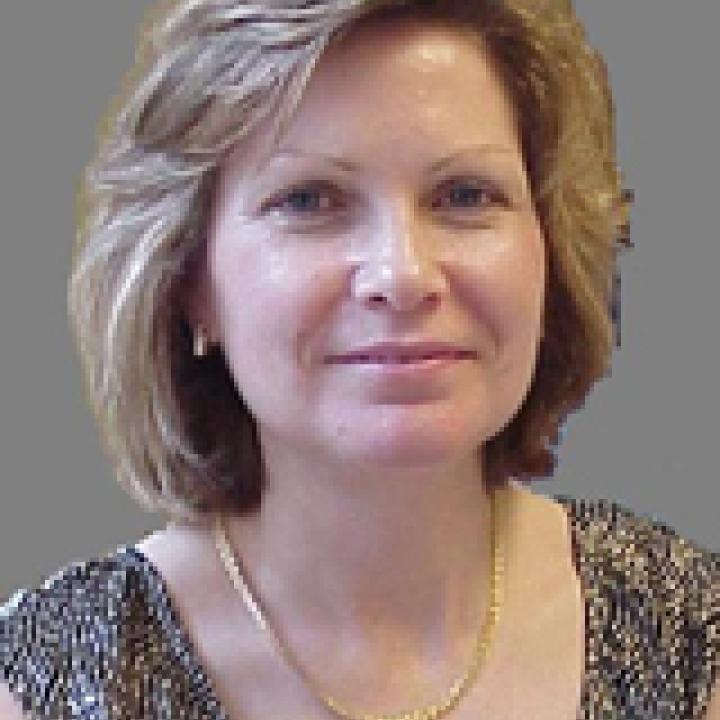Lubin management professor Theresa K. Lant has been awarded the title of Distinguished Professor. This is the highest honor Pace University bestows on a faculty member in recognition of a sustained record of extensive, extraordinary research and scholarship, outstanding teaching, and exemplary service to the University, community, and the faculty member's professional field.

Theresa Lant
Academic Director
Arts & Entertainment Mgment Prgm
Biography
ACADEMIC AND PROFESSIONAL ENGAGEMENT ACTIVITIES
Dr. Theresa Lant is the Academic Director of the Arts & Entertainment Management Program at the Lubin School of Business. Dr. Lant received her Ph.D. from Stanford University in 1987, and her A.B. from the University of Michigan in 1981. She joined the Lubin School of Business at Pace University in 2009. Since joining Pace University, she has helped to develop a new program in Arts and Entertainment Management. She is a founding member and serves on the Board of Directors of ArcStages, a live theatre organization that provides educational programming, community theatre, and professional theatre for Pleasantville and the surrounding communities. Dr. Lant teaches strategic management, general management, and managing innovation.
Dr. Lant is an internationally recognized scholar whose work is highly cited. Her research examines the influence of cognition on learning and adaptation in teams and organizations. Her current work explores cognition and learning processes in interdisciplinary teams, with a focus on innovation initiatives in medicine. For the last several years, she has focused on contributing to the emerging field of interdisciplinary and transdisciplinary team science. She received a National Science Foundation grant in 2013 to study and train interdisciplinary medical research teams at major medical institutions around the country. This work has been presented at the SciTS (Science of Team Science) group of the National Institutes of Health and at the Academy of Management Annual Meetings. This research has also been highlighted in the recent National Academies of Science report “Enhancing the Effectiveness of Team Science”, (Nancy J. Cooke and Margaret L. Hilton, Editors; Committee on the Science of Team Science; Board on Behavioral, Cognitive, and Sensory Sciences; Division of Behavioral and Social Sciences and Education; National Research Council).
Formerly a Senior Editor at Organization Science, she now serves on the editorial review boards of Organization Science and Organization Studies, and performs ad hoc reviewing for Academy of Management Journal, Academy of Management Discoveries, Journal of Management Studies, and the National Science Foundation. She has served in a variety of leadership roles in the Academy of Management and the INFORMS College on Organization Science. Her publications have appeared in Clinical and Translational Science, Small Group Research, Group and Organization Management, Journal of Economic Behavior and Organization, Journal of Management, Management Science, Organization Science, and Strategic Management Journal.
Education
Speech Communication and Theater
PhD, Stanford University, Stanford, California
Organizational Behavior
Publications and Presentations
SELECTED CONTRIBUTIONS & PUBLICATIONS
, , Lant, T.K. (2014). Entrepreneurial Storytelling, Future Expectations, and the Paradox of Legitimacy. Organization Science. 25(5), pp. 1479–1492.
, Lant, T.K. (2014). Be Careful What You Wish For: The effect of issue interpretation on social choices in professional networks. Organization Science. Volume 25 (Issue 2, March-April 2014,), pp. 401-419. Read More >>
Salazar, M., Lant, T.K. (2018). Facilitating Innovation in Interdisciplinary Teams: The Role of Leaders and Integrative Communication. Informing Science: The International Journal of an Emerging Transdiscipline (InformingSciJ). 21
